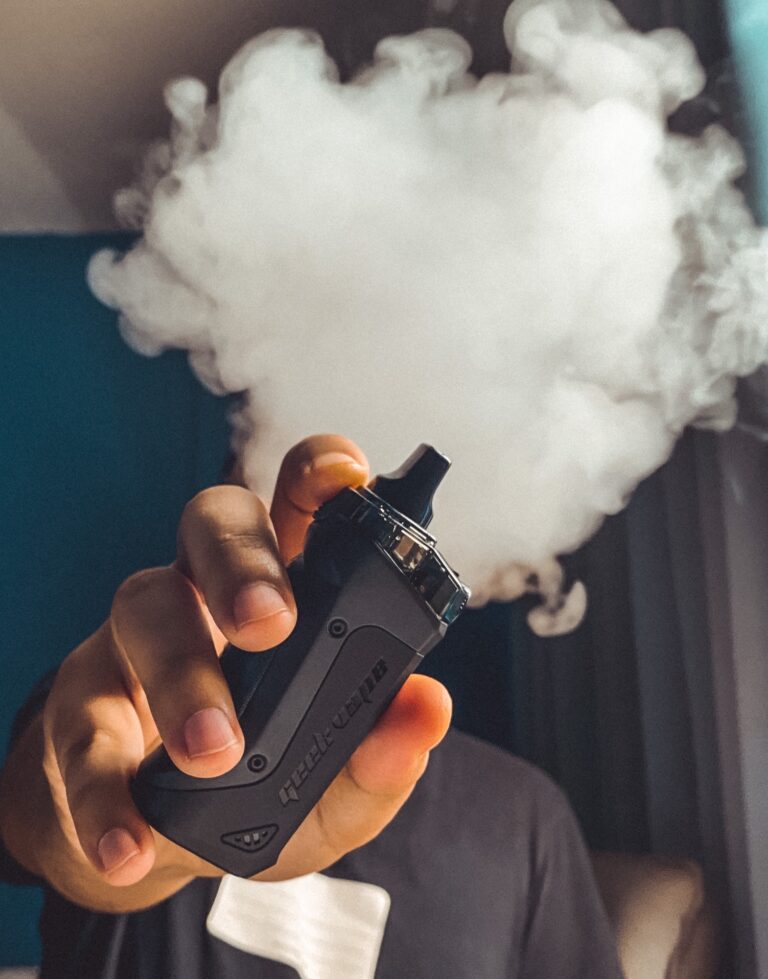7 Ways Drug Addiction Affects You Mentally And Physically
The most common misconception that revolves around drug addiction is that it either arises from a lack of self-control, morals, strength or a combination of three. Drug addicts are stigmatized to be evil, selfish, and insensitive with no love and regard for their loved ones. What people fail to conceive is that substance use disorder (SUD) is a mental illness that alters the brain chemistry of an addict at the molecular level. Wherein the effects are not only limited to the impulsive and uncontrolled use of the drugs but extends to their mental, physical, and spiritual health in various ways.
An expert addiction treatment center will consider all these factors while designing any treatment programs. Why should they? Here’s why
7 Ways Drug Addiction Affects Your Mental, Physical And Spiritual Health
1. Physical Health
Technically the physical side effects of substance abuse vary individually based on their medical history, type of drug, amount, and frequency of each dosage. But these are the most commonly reported ones:
1.1 Respiratory Disorders
These are most commonly caused by the smoking of tobacco and marijuana cigarettes. Studies have shown a spike in breathing problems such as chronic bronchitis and emphysema, after their prolonged use. The harmful chemicals in the smoke can airways and air sacs, which can trigger asthma symptoms. In some cases, these problems can lead to lung cancer or failure in the consumer.

1.2 Cardiovascular Disease
Drugs like tobacco and cocaine are usually linked with heart failure, angina, and hypertension. Injection of these drugs can immediately increase the heart rate and blood pressure. Moreover, drugs like heroin, which require a syringe for consumption, can cause collapsed vein or bacterial infection in vessels.
1.3 Compromised Immunity
Whenever someone uses drugs in a group, they are automatically vulnerable to contracting several viral infections. For example, sharing a syringe, snorting from the same pipe, or sharing a cigarette. Some of these viruses can be deadly like Hepatitis C and AIDS, as they are transmitted through bodily fluids. Moreover, the impaired judgment after the drug use can seldom lead to unprotected sex, which can result in STIs and STDs.
2. Mental Health
To be precise, drug abuse triggers already present mental disorders rather than causing them.
2.1 Social Anxiety
Drugs work by targeting the reward center of your brain to stimulate the release of dopamine, also known as the happy hormone. In slang, we refer to this sudden rush of dopamine as “high.” They make the person suffering from anxiety happy, cheerful, and sociable, the complete opposite of how they feel when they are sober. But when this high wears off, they feel even more irritated, anxious, and withdrawn, thus increasing the probability of a relapse. That is how drugs interfere with the chemistry and functioning of the consumer’s brain.

2.2 Depression
The relation between substance abuse and depression is the same as the one between drugs and anxiety. People turn to alcohol (a central nervous system depressant) or drugs to suppress the side-effects but end up worsening them. In addition to the dependence, they increase the dosage with time to unlock the mental high. Since the brain gets used to the chemicals and needs them in a higher amount to function properly.
2.3 Cognitive Impairment
Drug abuse alters the functioning of the prefrontal cortex, part of the brain responsible for thinking and making decisions. Their regular usage hinders their ability to think, makes them aggressive, impulsive, and impairs their judgment. They are unable to make healthy and conscious choices since these drugs compromise their cognitive abilities.
3. Spiritual Health
Effects of drug misuse on spiritual health often go unignored as they are not as visible and prominent as physical impacts.
3.1 Lack Of Peace And Comfort
Individuals who feel dependent on drugs to endure their existence often feel turbulent and discontent within. They feel disconnected from their inner selves and their purpose. As a result, they feel lost and detached from reality, which also influences their relationship with other humans.

Related Read;
- Why Employers Opt for Important Pre-Employment Hair Drug Screening?
- Top Luxurious Resorts for Addiction Treatment
- The 4 Options You Have When Someone You Love Is Suffering From Addiction?
- 3 Benefits Of Having A Sober Coach While Living In A Sober House
- 5 Impacts of Fashion on Our Mental Health
The side effects of SUD are far-reaching than these and impact various aspects of an addict’s life. But fortunately, this disease can be cured through education, treatment, psychotherapy, and acceptance. If you or someone you love is suffering from this disorder, then we suggest enrolling in an addiction treatment house to battle this issue. Most importantly, treat an addict with patience, love, and compassion as your support can make a huge difference.






